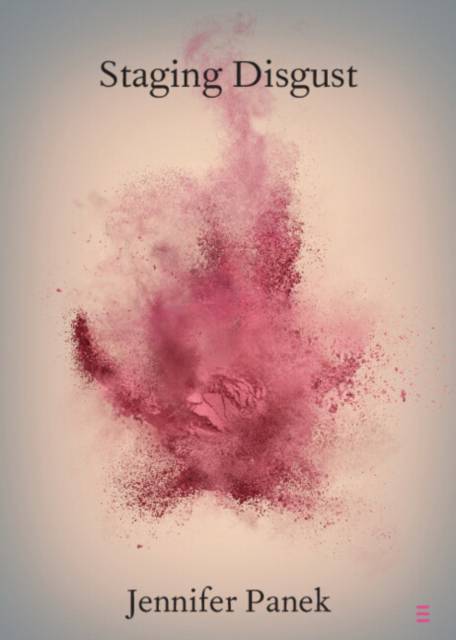
- Afhalen na 1 uur in een winkel met voorraad
- Gratis thuislevering in België vanaf € 30
- Ruim aanbod met 7 miljoen producten
- Afhalen na 1 uur in een winkel met voorraad
- Gratis thuislevering in België vanaf € 30
- Ruim aanbod met 7 miljoen producten
Zoeken
€ 31,95
+ 63 punten
Omschrijving
This Element turns to the stage to ask a simple question about gender and affect: what causes the shame of the early modern rape victim? Beneath honour codes and problematic assumptions about consent, the answer lies in affect, disgust. It explores both the textual "performance" of affect, how literary language works to evoke emotions and the ways disgust can work in theatrical performance. Here Shakespeare's poem The Rape of Lucrece is the classic paradigm of sexual pollution and shame, where disgust's irrational logic of contamination leaves the raped wife in a permanent state of uncleanness that spreads from body to soul. Staging Disgust offers alternatives to this depressing trajectory: Middleton's Women Beware Women and Shakespeare's Titus Andronicus perform disgust with a difference, deploying the audience's revulsion to challenge the assumption that a raped woman should "naturally" feel intolerable shame.
Specificaties
Betrokkenen
- Auteur(s):
- Uitgeverij:
Inhoud
- Aantal bladzijden:
- 106
- Taal:
- Engels
- Reeks:
Eigenschappen
- Productcode (EAN):
- 9781009379823
- Verschijningsdatum:
- 29/02/2024
- Uitvoering:
- Paperback
- Formaat:
- Trade paperback (VS)
- Afmetingen:
- 127 mm x 178 mm
- Gewicht:
- 99 g

Alleen bij Standaard Boekhandel
+ 63 punten op je klantenkaart van Standaard Boekhandel
Beoordelingen
We publiceren alleen reviews die voldoen aan de voorwaarden voor reviews. Bekijk onze voorwaarden voor reviews.











